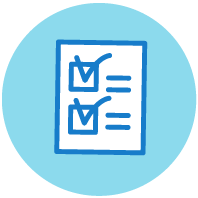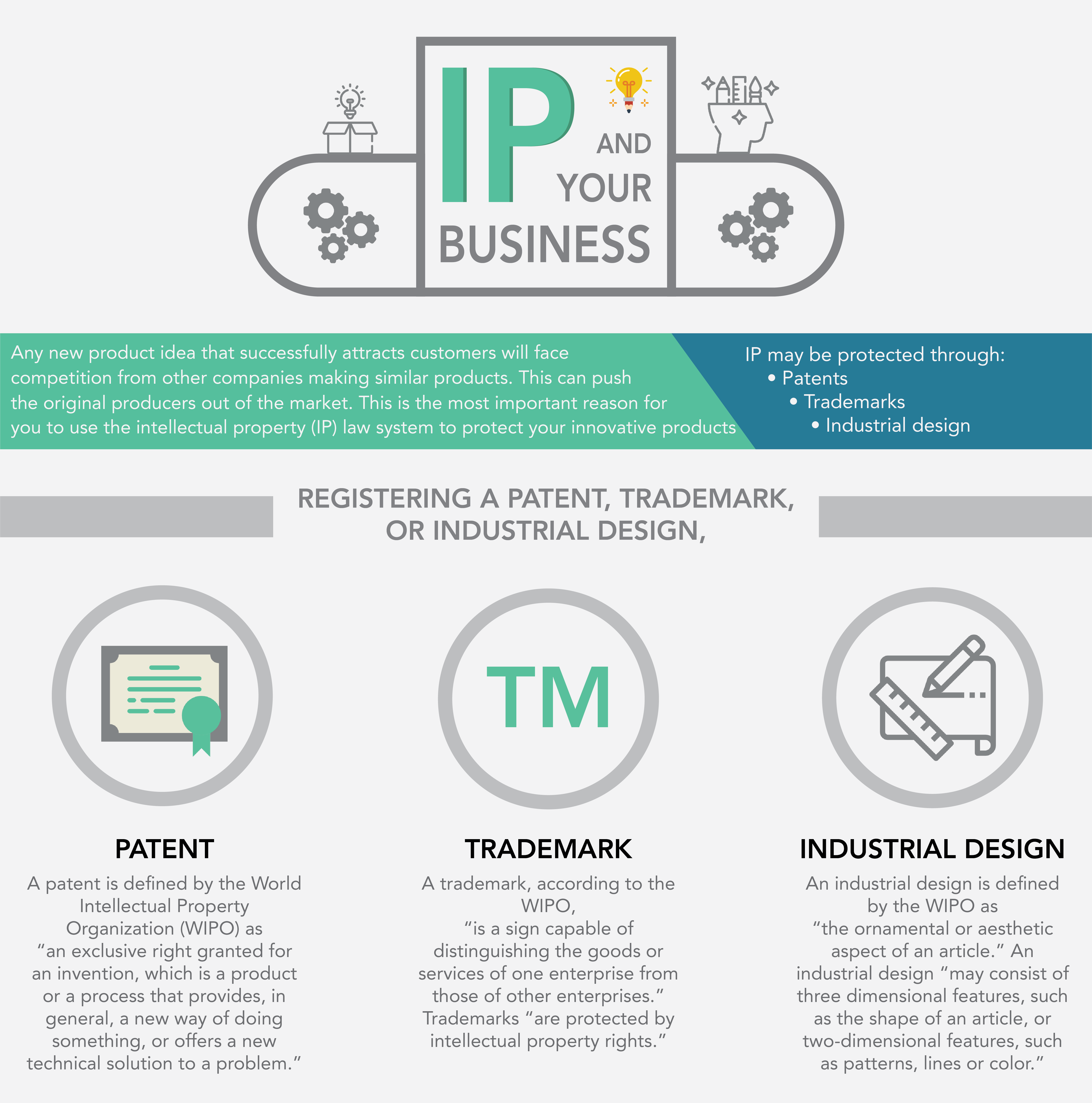Regulations and Policies

As an entrepreneur, you need to have more knowledge of laws, regulations, and policies than the average person. All businesses need to obey state regulations and policies, which means accessing and keeping up to date with all laws that apply to your business.
In the Philippines, central and local government agencies are aware of the importance of technology and innovation for business development. In recent years, the government has developed policies and regulations that support businesses like yours to be more competitive and sustainable.
Some of the laws and regulations you will need to understand:
- Registering or incorporating your business
- Naming and trademarks
- Permits and licences
- Export and import procedures and rules
- Currency exchange
- Human resource management guidelines
- Social media
- Workplace health and safety and sanitation rules
- Employee training and hiring legislation
- Food and drug administration rules
- Taxes and collecting sales tax
- Regulations for employees
- Workplace health and safety
- Industry- or sector-specific policies
- Local or city practices
- Other topics, depending on your situation
In the Philippines the mission of the Philippine Trade Training Centre is to “advance Philippine export sector’s competitive position in the world market by providing valuable problem-solving approaches through integrated continuing education services.”
Your local business association will have specific information on laws, regulations, and policies for your local business sector. Take the time to carefully research and plan any new enterprise in compliance with all the laws and regulations that might apply to your business. The decisions you make early on can set you up for success, but mistakes or oversights could create serious problems later.
Laws, regulations, and policies can change. You need to stay current with those changes to maintain a viable business. A business association, sector specific publications, or a good internet search can help you and your enterprise stay in compliance and stay in business.
Government Regulations and Policies
 Central Government
Central Government
The website of the Department of Trade and Industry (DTI) lays out central government laws and incentives applicable to small and medium businesses in the Philippines.
The DTI has also launched localized initiatives to help MSMEs – Cebu provides a recent example.
The DTI has also launched “Negosyo Centres” that provide local support to small businesspeople when they register new MSMEs or renew licenses for existing small businesses.
In July 2018 the DTI revealed its plans to further help MSMEs.
Local Government
Local governments across the Philippines (city, provincial, etc.) also have regulations and incentives that apply to MSMEs. Entrepreneurs starting an MSME or operating an existing one must be aware of local regulations enacted by city governments in Manila, Cebu, Davao, etc.
The Philippine Economic Zone Authority (PEZA) has announced plans to establish various economic zones, including those for domestic small and medium enterprises (SMEs), to encourage more investment across various provinces and cities.
City of Makati – Permits and Clearances
Davao City / Business Requirements
Intellectual Property

 Any new product idea that successfully attracts customers will face competition from other companies making similar products. This can push the original producers out of the market. This is the most important reason for you to use the intellectual property (IP) law system to protect your innovative products. IP may be protected through:
Any new product idea that successfully attracts customers will face competition from other companies making similar products. This can push the original producers out of the market. This is the most important reason for you to use the intellectual property (IP) law system to protect your innovative products. IP may be protected through:
- Patents
- Industrial design
- Trademarks
The World Intellectual Property Organization (WIPO) manages trademark databases for many countries, including the Philippines.
Intellectual Property Office of the Philippines (IPOPHL)
28 Upper McKinley Road
McKinley Hill Town Center
Fort Bonifacio
Taguig City 1634
Philippines (632) 238-6300 mail@ipophil.gov.ph
The Intellectual Property Office of the Philippines provides useful information, including:
Regulations on Intellectual Property
The WIPO provides links to intellectual property-related laws in the Philippines.
The full text of the Intellectual Property Code of the Philippines (Republic Act No. 8293) can be found here.
In 2014 the Intellectual Property Office of the Philippines launched a new electronic filing system for new trademark applications.
Examples of IP Protection
If you are an inventor, you need to understand IP laws and the laws around technology transfer and patents. How have other entrepreneurs protected their IP? Read about these real IP cases.
The Southeast Asia IPR SME Helpdesk (co-funded by the European Union) lists a couple of case studies pertaining to trademark disputes in the Philippines.
Examples of Interesting Philippines’ IP and Inventions:
- Rescue 72, both a life vest and survival kit, was invented by Danvic Briones. Rescue 72 is equipped with compartments where you can put water-proof bags containing first aid kits, water, light snacks, and other items essential for survival
- In 2007 Jayme Navarro of Bacolod developed a new method of converting plastic bags into fuel. Through this method 5,000 kilos of plastic bags can produce 400 liters of diesel on average. The resulting fuel is lower in sulfur and environment-friendly. The invention was patented in November 2008
- Diosdado Banatao, originally from the small town of Iguig in the province of Cagayan, became a US multimillionaire and a recognized leader in the global semiconductor industry. Among other inventions, he developed the first single-chip graphical user interface accelerator that made computers work much faster
- Justino Arboleda invented the “coconet,” a robust but biodegradable net made from coconut husk. The coconet has been used in infrastructure projects in the Philippines, China, and Sri Lanka
- In 1995 Edgardo Vazquez won the “Inventor of the Year” award from the WIPO in Geneva. This award recognized his invention of a pre-fabricated or ready-to-build housing system. He later started his own construction firm, Vazbuilt
- Marc Loinaz was born in Manila and raised in Makati City. He invented the One Chip video camera and holds six U.S. patents
- Roberto del Rosario developed the Karaoke Sing-Along System machine in 1975 and holds the machine’s patent
- Rodolfo Biescas invented IronMate, a switching device that automatically shuts off when flat iron is rested or not in use, thus reducing energy and electricity consumption. He started to work on this idea in 1988 and filed the patent application in 1990 (the patent was granted in 1991)